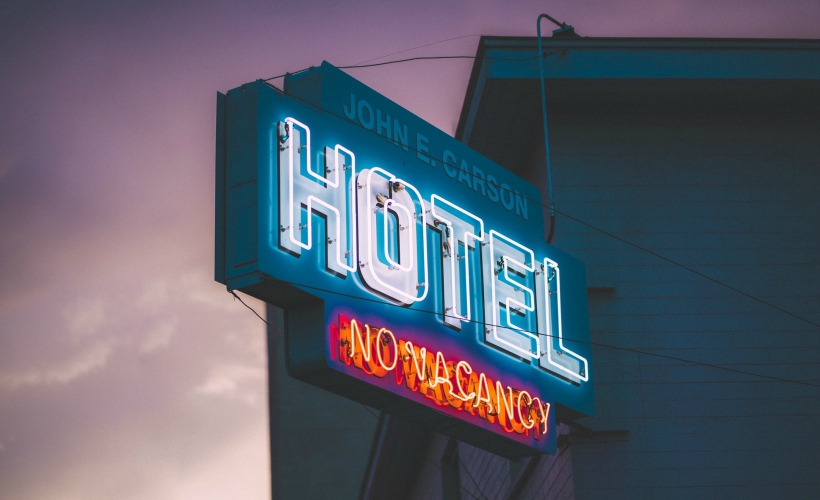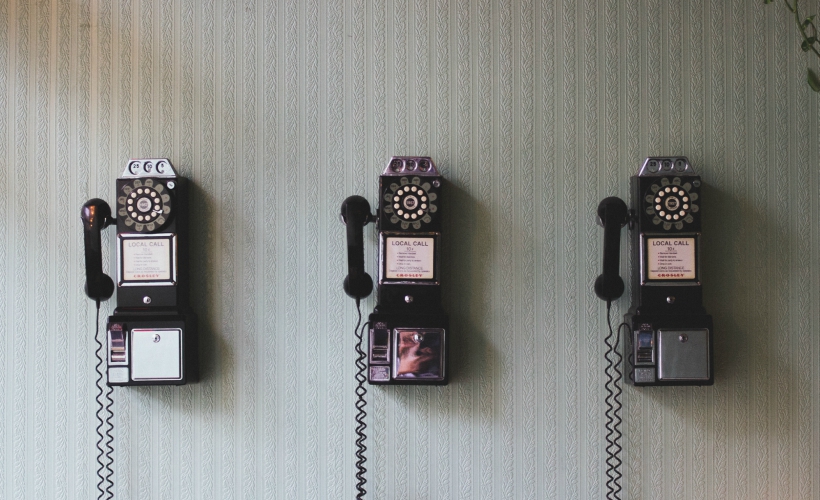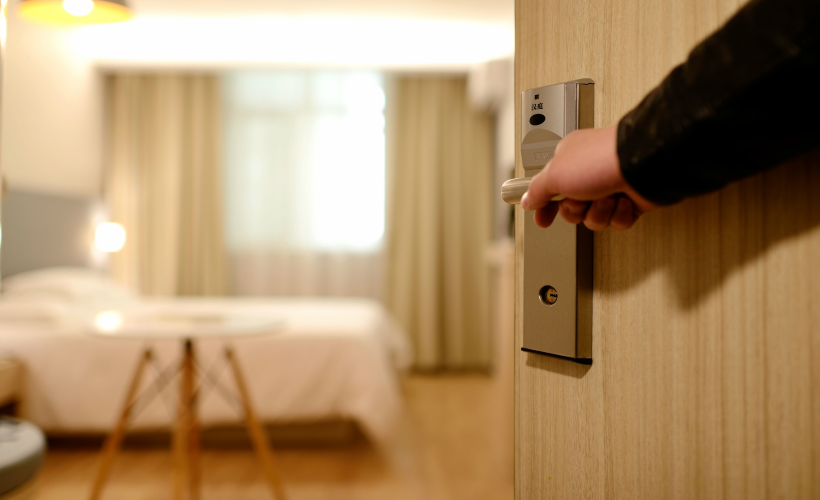According to Time, there are about eight hotel reservations made in the U.S. every second. As the number of online hotel bookings increase, so does the rate of booking scams. A study by the American Hotel & Lodging Association (AHLA) in 2015 even found that 15 million hotel bookings are affected by deceptive rogue affiliates annually, translating to about roughly $1.3 billion going to fake bookings.
According to an AHLA research released in April, one in four American travellers have reported to being duped in 2016, a dramatic rise from the just 6% of travellers from 2015. Here’s how it works; you type in a certain hotel name into the search bar and you click on one of the top results. The website looks legitimate and so you decide to make a booking. The payment is non-refundable but you’re fairly certain you’ll be making the trip, so you enter your card details. You arrive at your hotel on your booked date, but the staff says there’s no sign of your booking.
These fraudulent websites have gotten so good at mimicking an affiliation with a certain hotel or tricking travellers into believing that they are indeed the official website, that it constantly fools travellers into making reservations. Often, the transaction results in false reservations, fraudulent credit card charges, incorrect accommodations, and more. So the next time you’re booking a hotel room, be sure to take these precautions to protect yourself.
Check The Site’s URL
A good rule of thumb is to look at the website’s URL, legitimate sites generally will begin with HTTPS instead of HTTP, with the “s” denoting a secure site. The AHLA also recommends to look for the lock symbol in the upper left side of the search bar, a sign that indicates the site is secure. As a matter of fact, you should never put credit card details, password, or any form of identification into a non-secure site.
Book Or Call Directly
The safest way is to book directly through the hotel’s website or a trusted third-party site. Keep in mind that when you type a hotel name into a search engine, the top results aren’t necessarily the official ones since you can easily pay to be the top spot on the results page. If there are any doubts about the site, call the hotel directly. If you’re afraid you might have reached a scammer’s call centre, AHLA recommends asking questions only legitimate front desk staff would be able to answer, like recommendations for local restaurants and attractions.
Keep An Eye Out For Refund Clauses
Most hotels only take your payment information when you arrive. Others will charge a nominal fee for a deposit and the full fee when you arrive. Aggregate websites may charge you in full for the transaction but there is often a clear communication on when full payment is required. In the competitive environment today, most hotels have refund clauses should you wish to cancel your booking leading up to the trip.
Go Credit Not Debit
Aside from the fact that credit cards generally offer more fraud protection than debit cards, they are also more accommodating in recouping your money. Something you’ll be grateful for in the case where the fraudulent booking is only the tip of the iceberg and the scam also doubles as a phishing scam (where financial information is extracted from your booking to rack up other expenditure).
Get The Price Breakdown
Be wary of websites that don’t allow you to view a breakdown of your fees. Typically, there is a clear breakdown of additional fees you’re expected to pay (booking fee, services tax, local government taxes, etc). Scam websites may present nett prices to draw you in or make the breakdown difficult to locate in order to avoid potential victims making sense out of the nonsensical prices.







![Women, Wanderlust & Wellbeing – What Travel Does To You [VIDEO]](https://zafigo.com/wp-content/uploads/2017/09/IMG_6340.jpg)